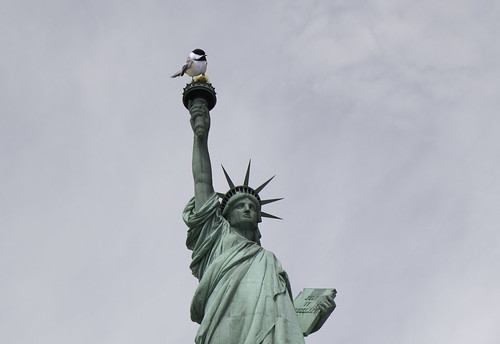My husband and I were watching TV today and vaguely recognized an actor. When the credits came on and we saw his name, Barry Bostwick, we thought of course! “The Rocky Horror Picture Show”! I pulled out my laptop and googled him. And in a box near the top of the google search results was the question, “What is Barry Bostwick worth?”
I suppose that question has been right up there whenever I’ve googled people before, but in the very week when wealthy politicians and pundits have been saying people should be happy to die “for the economy,” it struck me with unusual force.
What ARE we worth? Shakespeare pondered just that question, expressing it through Hamlet:
What a piece of work is a man! How noble in reason, how infinite in faculty! In form and moving how express and admirable! In action how like an angel, in apprehension how like a god! The beauty of the world. The paragon of animals.Shakespeare was unfamiliar with dollars and cents, but he never suggested that a man’s value could be measured in pounds and pence, either.
Somehow, in modern America, we’ve more and more been emulating Charles Dickens's quintessentially rapacious Ebenezer Scrooge such that we take it in stride to set the worth of a woman or man in dollars and cents. People suggesting that grandparents (except themselves, of course) should be happy to die for the economy are Scrooge come to life today, saying that a whole group of people “had better [die], and decrease the surplus population.”
I’m bewildered by the Scroogish mindset that individual people, many earning barely the minimum wage, should have been smart enough to have enough money squirreled away to deal with being unemployed, and thus suddenly losing their healthcare, to get through however many weeks or months this crisis may last, but that the same corporations that used the last bailout and the much more recent huge corporate tax cuts to give bonuses to CEOs and buy back their own stock deserve trillions of federal dollars to weather the storm. Obviously we need to help corporations get through this crisis, but if it’s okay to lose a percentage of human beings, it should be equally okay to lose a percentage of corporations. If corporations are, indeed, people my friend, they can suck it up like the rest of us.
This pandemic is unusual in being indiscriminate about who it sickens and kills. There is definitely an age skew, and considerably more males than females have died from it, but it seems to pay no attention whatsoever to race or nationality, education, or income level—hand-shaking politicians and well-to-do world travelers have been among the first to develop and spread the disease, and so far, it’s affected famous actors, singers and basketball players, U.S. Senators, the U.K.’s Prime Minister, and Prince Charles. When we are short on hospital beds, ventilators, and personal protection equipment for first responders and medical professionals, a highly contagious pandemic is a clear and obvious situation in which protecting everyone, including the poorest among us, is essential.
I’ve long said that we humans could learn a lot from chickadees. When a chickadee spots danger, it gives an alert call not just to other chickadees but to every potential victim, regardless of whether those other creatures agree with, support, or otherwise return favors to the chickadee. Expecting a quid pro quo for being neighborly would never occur to a chickadee, nor would yelling “hoax!” or "fake news!" the moment another bird called out a warning.
Robert Frost wrote an exquisite poem, “The Tuft of Flowers,” about two men haying a field. The first mowed it, and after he was gone, the second came to turn the grass to dry in the sun. A butterfly called his attention to a lovely tuft of flowers that the first man had spared. The beautiful poem ends:
“Men work together,” I told him from the heart,The same could be written of chickadees.
“Whether they work together or apart.’”
The best that we humans do is to to protect things of little or no monetary worth yet immeasurable value, from art to clean air, water, and soil; from our fellow creatures to other human beings. Chickadees look out for one another by instinct, as do we as social animals. But we belong to the one species capable of violating our best instincts and capable of rejecting scientific and medical information produced by the best of human brains. America is resilient, and corporations will rise again; not one human corpse will.
For 33 of the 34 years I've produced my For the Birds radio program and podcast, I've been paid absolutely nothing for my labor or the fairly expensive equipment involved in creating it. I take pride in that, because no underwriter has ever controlled what I say in any way. I've loved the feeling that I can't be bought. Money can't buy me love, it can't buy me chickadees, and it can't buy me self respect.
What is Barry Bostwick worth? What is any human being worth? What is a chickadee worth? I have no idea, but I can guarantee you that it isn't measured in dollars.

